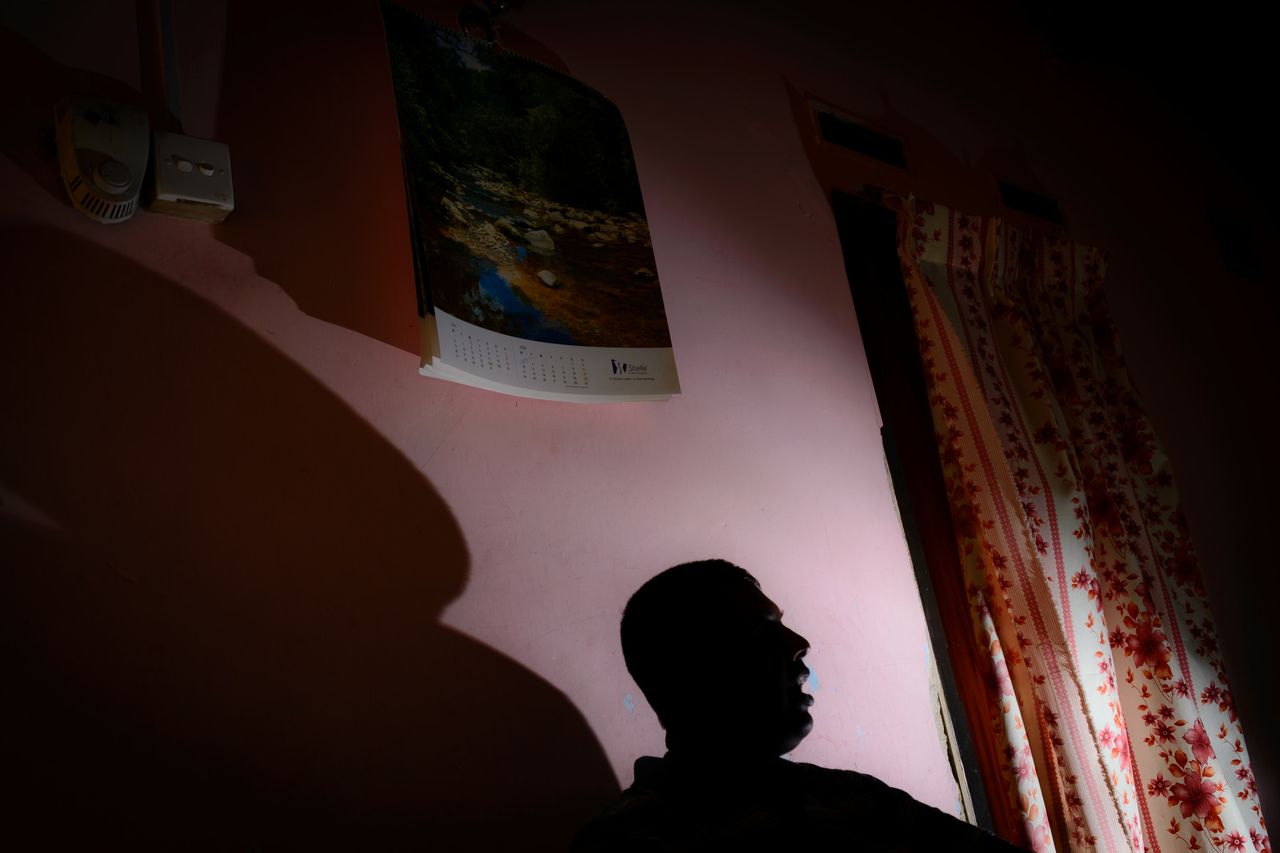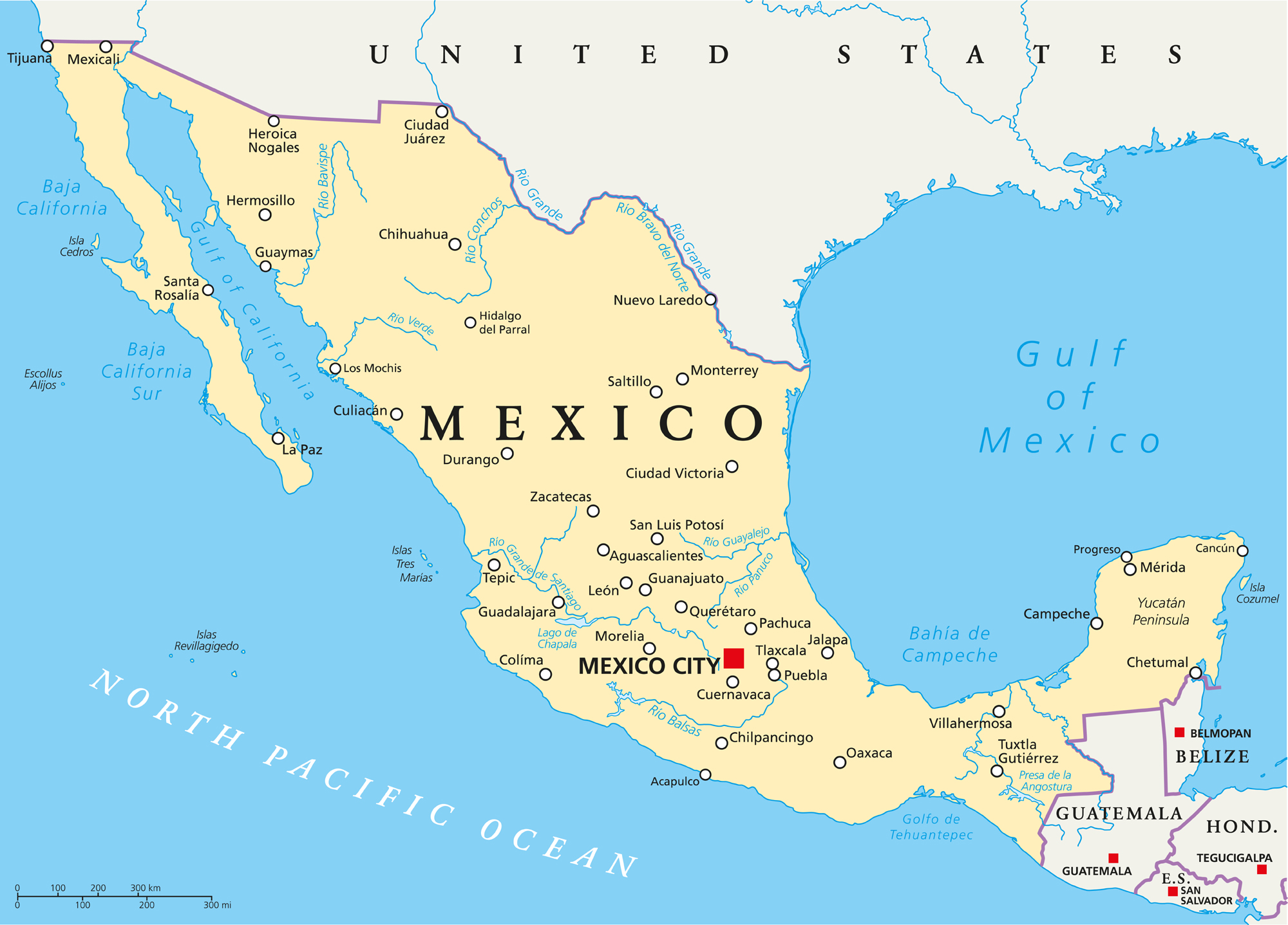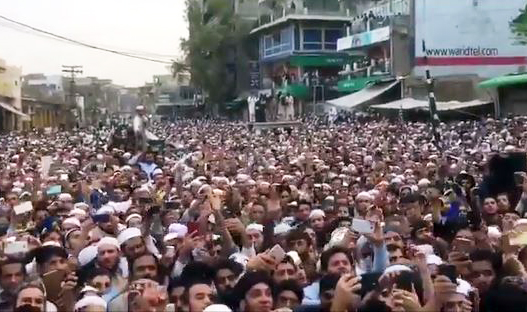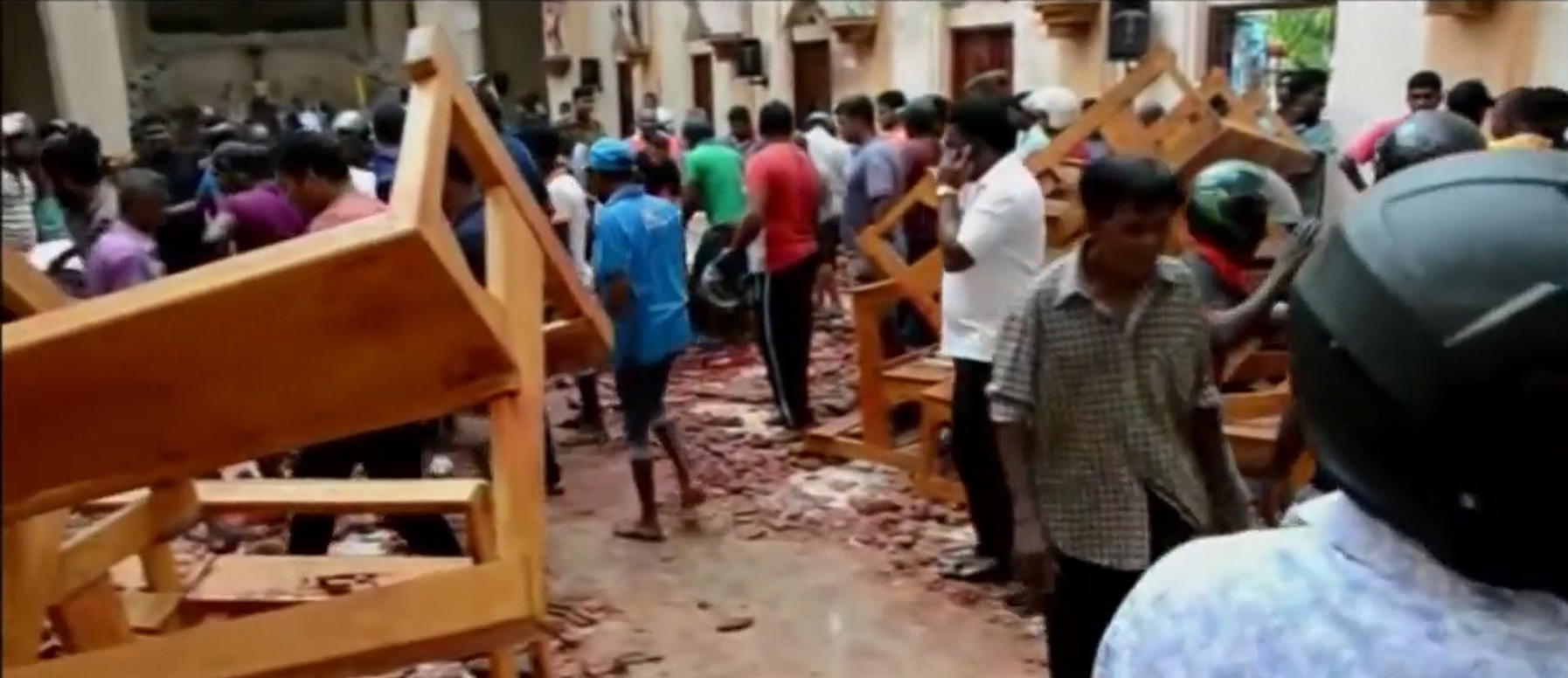
SRI LANKA (BP) — It was just a normal Sunday. Around 75 people gathered in the house rented as their church building for worship. Praise music wafted out the door. Prayers lifted to heaven. Pastor Saman Perera* stood behind the pulpit and asked the congregation to open their Bibles.
That’s when “normal” came to a crashing end.
Local Sri Lankan authorities stormed in from every exit, demanding the church service stop. Church members sat in shock until a bald man in saffron robes appeared. With the entrance of the village’s head monk, people hid in back rooms, jumped out open windows or knocked chairs over to get out the door only to meet up with an angry mob of nearly 1,000 yielding sticks and stones.
“Leave or be killed,” the mob chanted.
That was nearly four months ago, yet Perera recounts the story as if it happened yesterday. In a way, it did — he relives it with each visit to the courtroom where he must face those who violently closed his church.
Lawsuits, filed by groups of pastors against the attackers, claim that Sri Lanka’s constitution calls for freedom of religion and that their churches should be allowed to meet. The high court agreed, ruling in their favor Aug. 2.
Despite the favorable ruling, everyone is holding their breath to see whether the violent attacks on churches by Buddhist extremists will stop. The targeted attacks are becoming more and more commonplace and extremists have vowed in local newspaper reports to shut down every church in the South.
Open Doors USA, which closely monitors the persecuted church, reports that more than 30 churches have been attacked since Perera’s.
Closing churches
The pastor explains that when his church was attacked, local authorities ordered them not to operate any longer because they had not been authorized by the state. While registration of religious organizations is not mandatory in this island nation, the government has been contemplating bringing all religious groups under regulation for over a year.
According to the 2011 census, more than 70 percent of Sri Lanka’s population of 20.8 million is Buddhist. Christians number around 7 percent — Catholic 6 percent and Protestant 1 percent — while Muslims make up a little less than 10 percent.
Sri Lanka is the world’s oldest continually Buddhist nation, and extremists told a TIME reporter last month that they want it to stay that way. As a result, persecution is on the rise. Attacks on Muslims have hit the headlines, but the increasing incidence of Christian persecution has received very little attention.
“People are afraid to step foot in a church or any religious place,” Perera says. “We cannot start new churches. Churches cannot rent or buy houses anymore.”
The judge’s ruling gave the churches in the court case permission to begin worship services again and registered their buildings as official churches. Perera adds that the judge warned local authorities not to disturb their prayers again.
“Our constitution gives us freedom of religion, but in practice it is Buddhist and there will not be any other religion welcome,” the pastor warns. “This [persecution] is going to spread quickly from one district to another.”
The veteran pastor is no stranger to persecution. The country suffered through two decades of civil war. Pastors had to walk the perimeter of their church building to check for landmines every Sunday morning. Before the 2004 tsunami hit the island, churches were burned, bombed and shut down. Things settled down and Sri Lanka disappeared off the World Watch List’s top 50 persecuted countries.
But now, it has started up again. Almost every week, a church or Muslim business is attacked in some way or another. Despite this persecution, Perera assures that the church closings and attacks have not hampered spreading the Gospel.
“God has been preparing us for this persecution all along. He knew!” Perera says, suppressing a chuckle of amazement. “He opened our minds to a new way of doing ‘church’ last year. Before this even started happening, we were training lay leaders to lead house churches in their homes.”
God prepares a church
Pastor Thilak Jayawickrama* nods his head and excitedly jumps in to explain that the traditional way of doing “house church” in Sri Lanka was for organized churches to just rent a house and convert it into a church building.
These are the types of churches local authorities and extremists are shutting down. But, with the discipleship and church planting method called Training for Trainers (T4T) they began using last year, church is really in someone’s house, a business or even outside under a shade tree.
“The thing about persecution is that even if it doesn’t happen to you, you are still afraid. In your mind, you know that it could happen,” Jayawickrama, who is transitioning his congregation to house church, says. “With this new method, we don’t have buildings. There is nothing to ‘shut down.'”
Perera’s church now meets in 16 different homes and is growing for the first time in years. Jayawickrama’s divided into eight. The groups are reproducing and starting new churches. Those who were once afraid to go to a religious place for fear of a mob or the monks asking questions are not concerned about going to a friend’s home.
“When you ask people to go to your house, they come. It’s your home. They are used to going there. It’s comfortable and friendly. There’s nothing threatening about a house,” Perera says. “And the result is that every week, people are coming and accepting Jesus.”
So far, widespread persecution has not come from sharing the Gospel one-on-one. Christian worker Archer Hullett* explains that the T4T model is based on sharing within your own relationship network … your own sphere of influence.
The worker admits that there might be some persecution from a new believer’s family but nothing on the scale seen now against churches. Pastor Ruwan Ranatunga* says since he switched to training lay leaders in evangelism and discipleship, the incidence of even this kind of familial persecution went down among those he mentors.
He credits it to the fact that as everyone becomes more active and involved in a house church, their faith grows and they become “doers of the Word” — applying biblical truths to their actions. Ranatunga says the entire community sees the genuine changes as Christians live out the Gospel. Their friends and family become curious enough to not just ask questions but to listen instead of angrily objecting to Christianity.
Church growth
Hullett and the pastors say they have seen more come to Christ in the last two years than ever before. More than 60 new house churches have started with many more small groups on their way to functioning as a church from the Book of Acts. This number doesn’t even include traditional churches that broke up into the smaller T4T house church groupings because of persecution.
“The truth is that people here are hungry for the Lord,” Hullett says. “It’s a crucial time right now in Sri Lanka. The Gospel and churches could rapidly multiply or it could shut down completely. There are a lot of barriers right now.”
All three pastors say there’s no telling if the persecution of Sri Lanka’s minority religions will subside or increase. The situation seems to change almost daily. Because of this uncertainty, Ranatunga asks for Christians around the world to pray for wisdom among the Sri Lankan Christian leaders.
“It is a time in our country when we need to adjust our traditional thinking of church and spread the Gospel in ways that do not draw widespread public attention,” Ranatunga says. “We need to adjust without endangering the work of spreading the Gospel. Pray that we are able to follow the example set forth by churches in the Book of Acts.”
–30–
*Name changed. Susie Rain is a writer in Southeast Asia. Get Baptist Press headlines and breaking news on Twitter (@BaptistPress), Facebook (Facebook.com/BaptistPress) and in your email (baptistpress.com/SubscribeBP.asp).




















